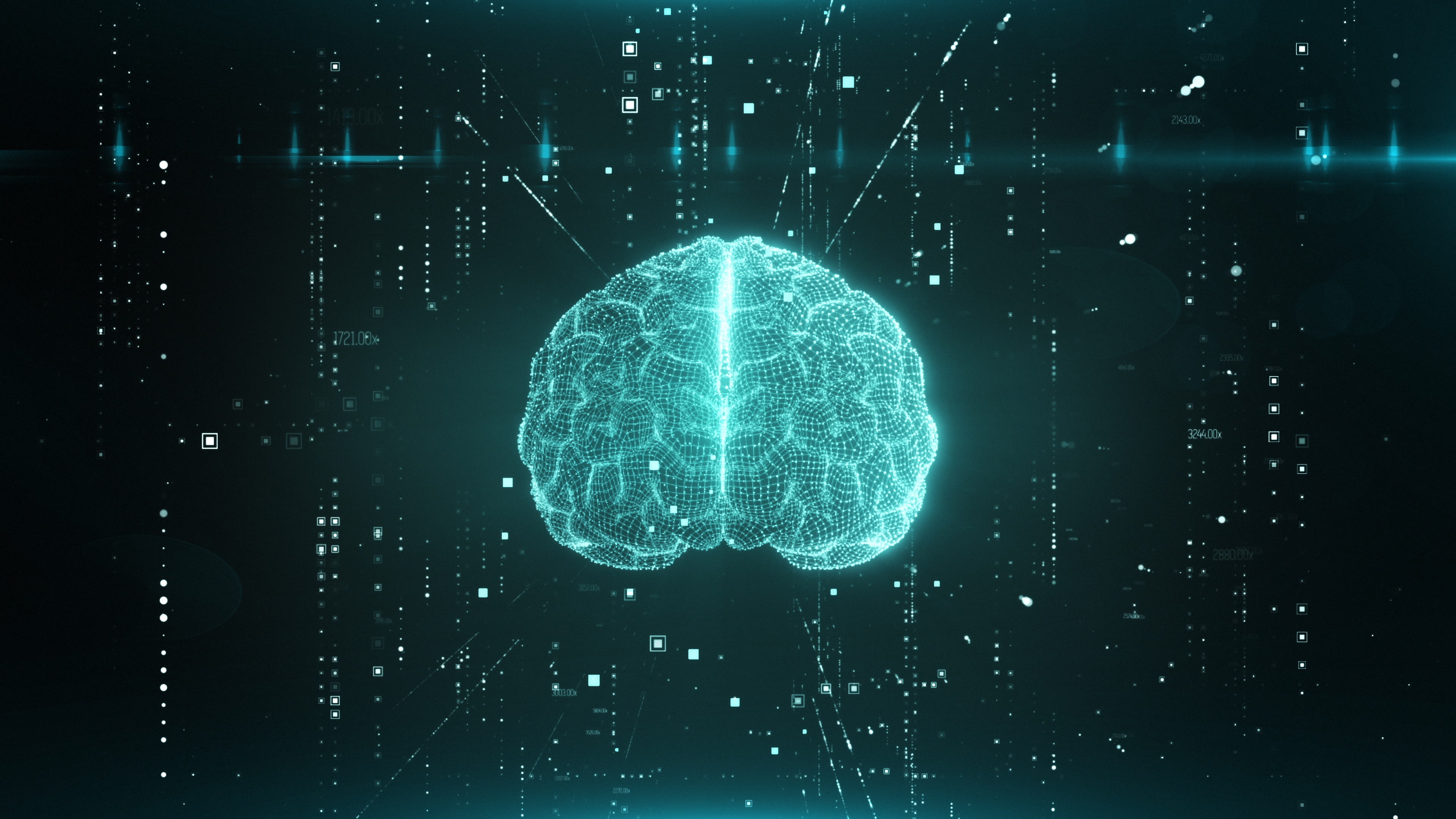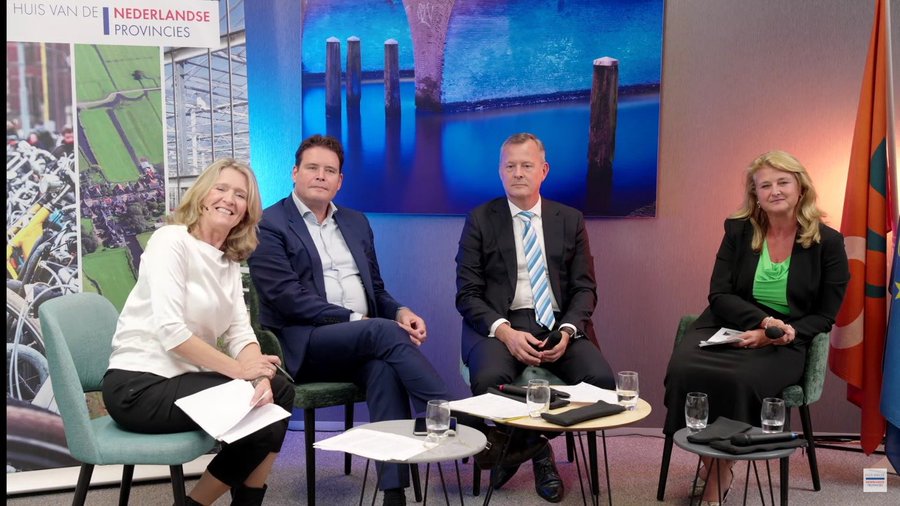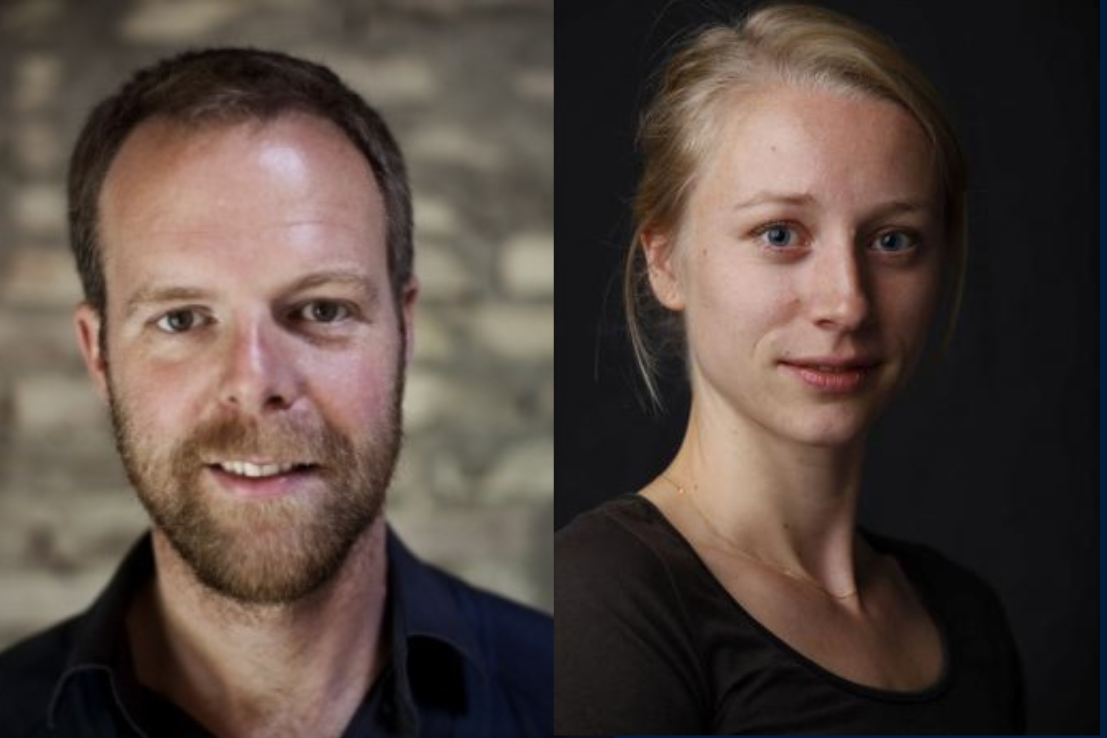News
-

Together with Ania Molenda from Het Nieuwe Instituut, Costas Papapdopoulos has been awarded an NWO museum grant of €50,000 for the research project ‘Unfolding the Archive: New Dimensions of Access to Born-digital Architecture Collections’.
-

On 27 September 2023, the Globalization & Law Network hosted Chiara Armeni, Professor of Environmental Law at Université Libre de Bruxelles, who presented her paper entitled “Inequalities and environmental justice in the EU climate transition”.
-

Maastricht University is expanding its range of programmes with the addition of a bachelor’s degree in Brain Science. The course will start in September 2024 and is open for enrolment from today.
-

27 September 2023, Brussels | “The green transition in mobility is going well, but it could be a lot better. Until 2040 and 2050, the infrastructure we need to build, will be impossible to achieve on an individual level.” With this conclusion, Turi Fiorito director of the European Federation of Inland Ports (EFIP), underlined how important cross-border cooperation is in securing the future of sustainable infrastructure and mobility, the essence of the HNP & ITEM Side Event on sustainable cross-border infrastructure and mobility in North-West Europe’s Delta Corridor.
-

No organisation exploited climate change like large media corporations –it is widely evident and even famous among climate scientists! Humanity has gone through different sorts of natural crises that took it to the verge of extinction: the early low breeding age (900,00 years ago), ice age and more recently multiple waves of plague. After each of them, humans became genetically and mentally more resilient through learning and adapting.
-

At the CARIM research institute (school for cardiovascular diseases) in Maastricht, a group of researchers – led by Joost Lumens - is working with ‘het digitale tweelinghart’ (the digital twin heart): a computer model that simulates the human heart. This research gives rise to a great deal of optimism. Thanks to the possibilities offered by the digital twin heart in the future, treatments can be better targeted to the clinical profile of one specific patient. Also, fewer invasive and (therefore) burdensome treatments for the patient will be needed and there will be a reduction in the number of the laboratory animals required for research.
-

Christian Ernsten and Claartje Rasterhoff, in collaboration with Natuurmonumenten, receive €100,000 for their project ‘Rivier Atelier at the Geuldal: heritage management in times of climate change’.
-

In light of the fast developments within the use of generative AI, the SHE Management Team has developed guidelines for the use of AI.
-

Marieke Dewitte is one of the scientists performing at the Maastricht Theater aan het Vrijthof on Tuesday, Oct. 10, during the theatre tour of the University of the Netherlands.